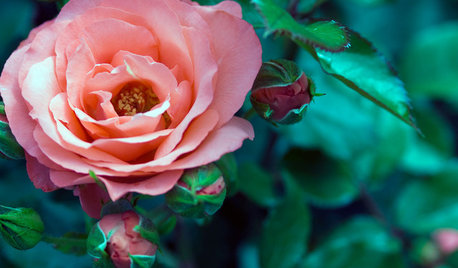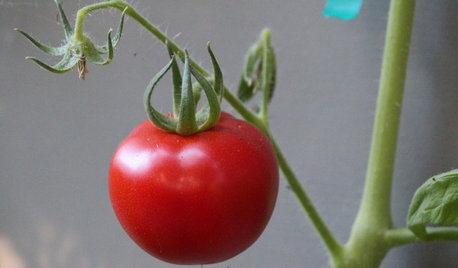Alfalfa Pellets
jalilu
9 years ago
Featured Answer
Sort by:Oldest
Comments (17)
renais1
9 years agoKimmsr
9 years agoRelated Professionals
Salisbury Landscape Architects & Landscape Designers · South Orange Landscape Architects & Landscape Designers · Tomball Landscape Architects & Landscape Designers · Lynchburg Landscape Contractors · Lynwood Landscape Contractors · Pine Hills Landscape Contractors · San Benito Landscape Contractors · Woodbury Landscape Contractors · Crowley Landscape Contractors · Ferguson Landscape Contractors · Fresno Decks, Patios & Outdoor Enclosures · La Palma Decks, Patios & Outdoor Enclosures · Lincoln Decks, Patios & Outdoor Enclosures · Palm Beach Gardens Decks, Patios & Outdoor Enclosures · Portland Decks, Patios & Outdoor Enclosuresjalilu
9 years agomissymoo23_(z9a_Tx)
9 years agorenais1
9 years agomissymoo23_(z9a_Tx)
9 years agochigardenlady
9 years agorenais1
9 years agorenais1
9 years agoCarrie Beth (zone 9b)
8 years agolast modified: 8 years agobossyvossy
8 years agochigardenlady
8 years agobossyvossy
8 years agospedigrees z4VT
8 years agochigardenlady
8 years ago
Related Stories

WINTER GARDENINGPruning Secrets for Exquisite Roses
Encourage gorgeous blooms year after year with this time-tested advice on how to prune your rosebush in winter for health and shape
Full Story
GARDENING GUIDESHow to Switch to an Organic Landscape Plan
Ditch the chemicals for a naturally beautiful lawn and garden, using living fertilizers and other nontoxic treatments
Full Story
GARDENING GUIDESLearn the Secret to Bigger and Better Roses
Grow beautiful roses using both ordinary and unusual soil amendments
Full Story
GARDENING GUIDESGardening Solutions for Heavy Clay Soils
What’s a gardener to do with soil that’s easily compacted and has poor drainage? Find out here
Full Story
GARDENING GUIDESThe Poop Scoop: Enrich Your Soil With Good Old Manure
Get over the ick factor already — this natural super-ingredient for soil has so many benefits, you'll wonder why you ever went chemical
Full Story
FARM YOUR YARDIf You Have Room for Only One Summer Crop ...
Get an edible that’s long on flavor even if you’re short on space, with a long-time gardener’s favorite picks
Full StoryMore Discussions






dchall_san_antonio